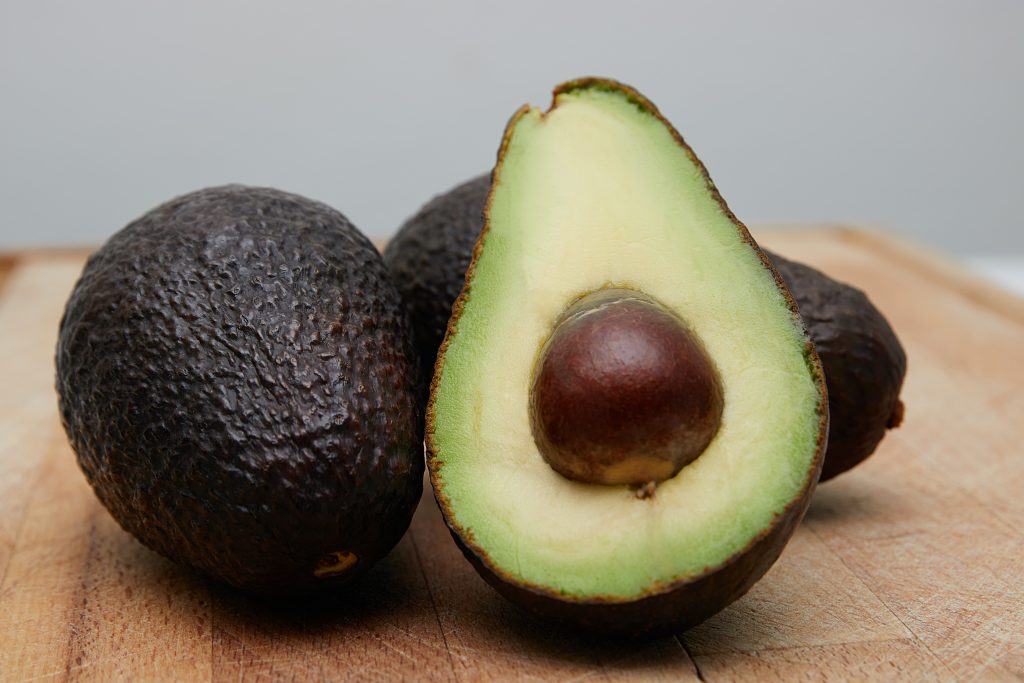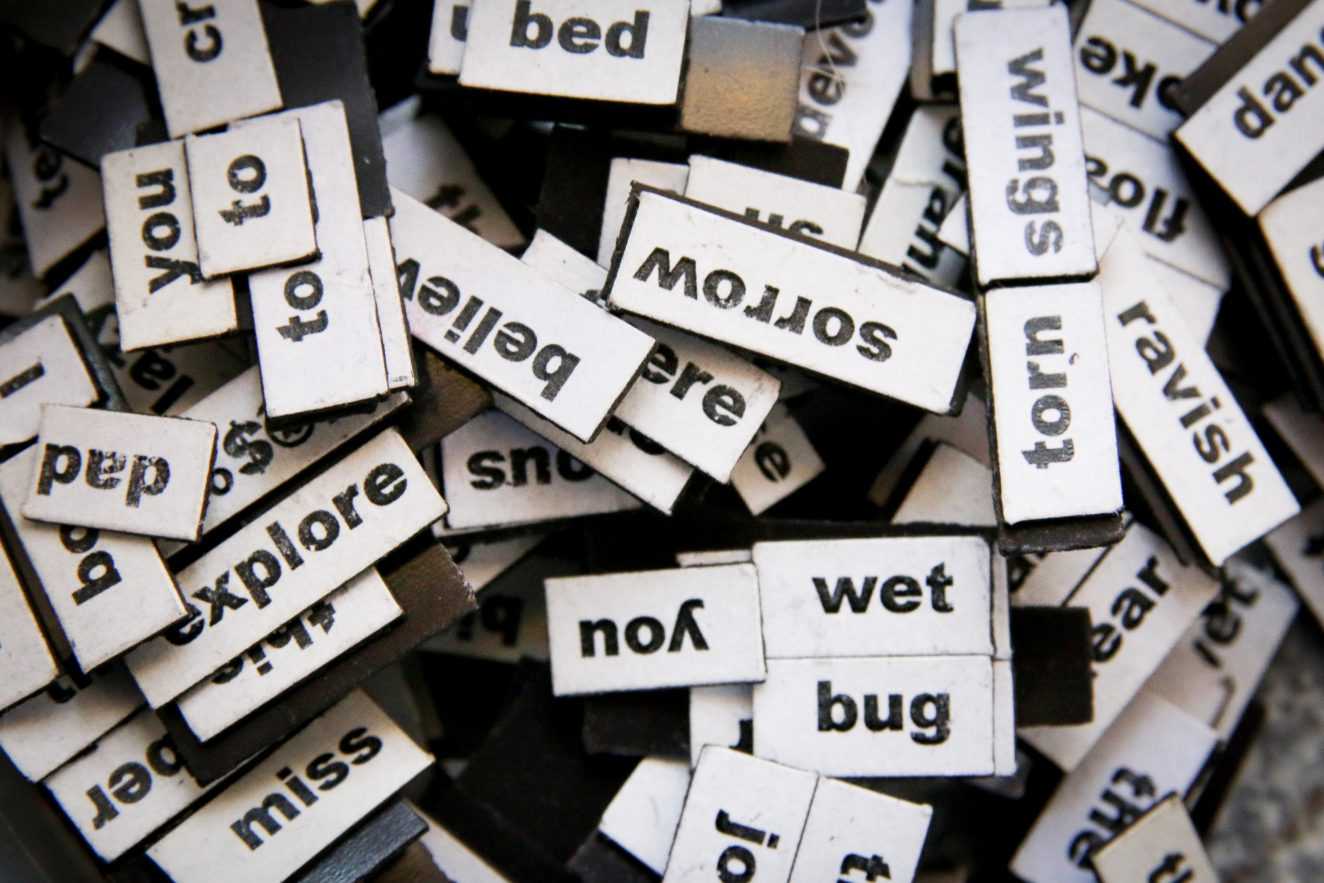The English language is a complex tapestry of words, some of which have origins that might surprise you. While we use these everyday words without a second thought, their fascinating histories often go unnoticed.
Join us on a journey as we uncover the captivating stories behind ten simple English words that have shockingly intriguing origins—details that most people probably didn’t know about.
1. Daisy
When you think of a daisy, you might picture a delicate flower. But the word “daisy” actually comes from the Old English word “daegeseage,” which means “day’s eye.” This name reflects the flower’s habit of opening during the day and closing at night.
Interesting Fact: Daisies are often associated with innocence and purity and have inspired countless poets and writers throughout history.
2. Panic
Feeling panicked? The word “panic” has its roots in Greek mythology. Pan, the Greek god of nature, was known for causing irrational fear and terror. When people experienced sudden and overwhelming fear, it was said to be “like the fear of Pan.”
Interesting Fact: The word “panic” highlights our ancient connection between nature and emotions.

3. Salary
Your hard-earned income is often referred to as a “salary.” But did you know that this word has its origins in ancient Rome? The Latin word “salarium” was a payment made to Roman soldiers for the purchase of salt, which was a valuable commodity.
Interesting Fact: The word “salary” carries echoes of its historical importance, highlighting the value placed on compensation for work.
4. Car
Today, “car” is synonymous with automobiles, but its roots are found in the Latin word “carrus,” which referred to a wheeled vehicle used for transport. The word evolved through various languages before becoming “car” in English.
5. OK
This ubiquitous expression is a mystery wrapped in history. One theory suggests that “OK” originated from a humorous misspelling of “all correct” as “oll korrect.” Another theory points to its use during the 1840 U.S. presidential campaign when supporters of Martin Van Buren formed the “OK Club.”

6. Decoy
A “decoy” is used to lure or distract attention. Its origin comes from waterfowl hunting. “Decoy” comes from the Dutch word “eendenkooi,” meaning “duck cage.” These cages were used to attract and capture ducks for hunters.
Interesting Fact: Today, decoys are used in various fields, from hunting to military tactics and wildlife conservation.
7. Tragedy
When you think of a “tragedy,” you might envision a dramatic story, but its roots are in ancient Greek theater. “Tragoedia” combines “tragos” (meaning “goat”) and “ode” (meaning “song”). Why? Early Greek actors often wore goat skins, making “tragoedia” a “goat-song.”
Interesting Fact: Greek tragedies explored themes of fate, suffering, and catharsis, shaping the way we tell stories today.
8. Avocado
Love a good avocado toast? The word “avocado” has roots in the ancient Aztec language, Nahuatl. The Aztecs called this creamy fruit “āhuacatl,” which amusingly translates to “testicle.” The name was likely inspired by the avocado’s shape.
Interesting Fact: Avocados were initially considered an aphrodisiac by the Aztecs, further cementing their association with fertility.

9. Gymnasium
The term “gymnasium” may make you think of fitness and exercise, but its origin dates back to ancient Greece. In Greek, “gymnasion” referred to a place for physical and intellectual education. Young Greek men would engage in athletics and intellectual pursuits in these institutions.
Interesting Fact: The ancient Greeks believed in the harmonious development of mind and body, a principle that modern gyms often aspire to uphold.

10. Brush
The word “brush” has a somewhat prickly origin. It stems from the Old French word “broche,” meaning “spike” or “skewer.” Early brushes often had bristles attached to a handle, giving them a spiked appearance.
Everyday words may seem mundane, but their histories are rich with surprises. The next time you use one of these words, you’ll have a newfound appreciation for the intricate stories behind them. Words connect us to the past, and understanding their origins is like unlocking a hidden door to history and culture.





